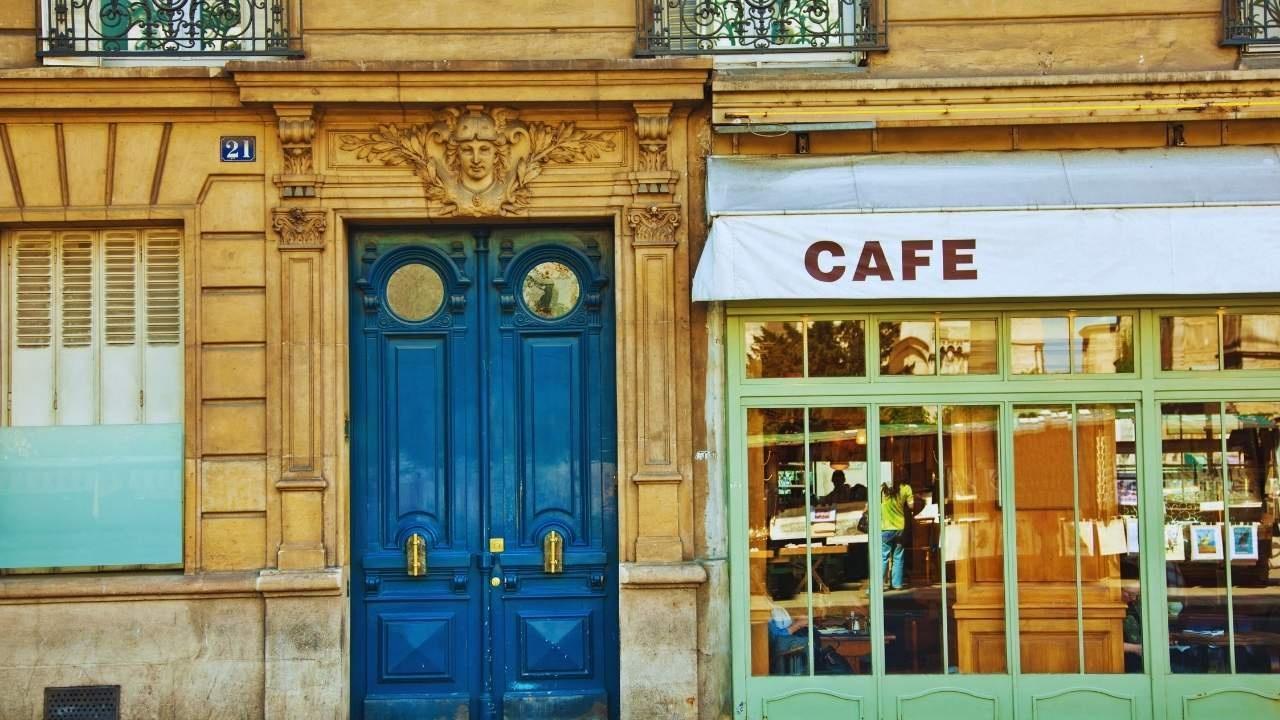
Post by : Anis Al-Rashid
Cafés have long been meeting places for conversation, creativity and exchange. Once mainly a place to grab a drink, they have gradually become planned environments that support a wider range of daily activities for urban residents.
By 2025, the café visit often extends beyond coffee. While quality beverages remain central, the overall atmosphere, layout and services now turn many outlets into destinations where people work, meet, learn or relax.
Design choices in contemporary cafés focus on encouraging interaction. Open floor plans, shared tables and quiet nooks are used to promote conversation and connection. Many operators add rotating exhibitions, live performances or curated bookshelves to broaden the venue’s appeal.
Demand for meaningful, welcoming environments drives this shift. Patrons value authenticity and sensory engagement; the café experience is increasingly about time spent and memories made, not only transactions.
Lighting schemes, seating choices and spatial layout are selected to encourage lingering. Natural materials, warm palettes and ergonomically designed furniture help create a comfortable setting for work or socialising.
Acoustics are managed intentionally. Background music, soft finishes and seating placement prevent noise from undermining the atmosphere.
Every café communicates a narrative through its décor. Minimalist, vintage or mixed styles use artwork, murals and locally sourced fixtures to establish a recognizable personality that connects with customers.
Contemporary cafés support multiple uses at once. Areas with reliable Wi-Fi, charging points and semi-private booths sit alongside casual seating and performance zones. Adaptable layouts let venues serve different needs throughout the day.
Many cafés are restoring their role as community gathering points. Events such as tastings, readings, workshops and exhibitions provide learning and social interaction beyond everyday service.
By hosting varied programming, cafés draw a broad cross-section of people—students, creatives, professionals and older residents—helping strengthen neighbourhood ties and making the café a purposeful destination.
High-quality beans and skilled brewing remain central to modern café offerings. Baristas often educate customers about origin and preparation, enhancing the drink experience.
Menus have broadened to include local pastries, plant-based dishes and fusion items that reflect changing dietary preferences and demand for distinctive culinary experiences.
Digital tools shape convenience and engagement. Mobile ordering, contactless payments and loyalty apps streamline service, while screens and interactive displays add informational value.
Some venues add digital art, AR features or photogenic design corners that appeal to younger patrons and complement wider social media exposure.
Eco-conscious choices are now common. Recyclable packaging, traceable coffee sourcing and energy-efficient equipment reflect customer expectations. Practices such as composting and reduced waste are becoming standard in many outlets.
Social responsibility also matters: collaborations with local makers, support for small producers and participation in urban greening projects boost a café's community role.
Cafés offer mental and social benefits by providing safe, attractive spaces for relaxation and interaction. A pleasant environment combined with human contact helps reduce stress and improves mood.
For remote workers and freelancers, cafés provide alternatives to isolation and help maintain routine and social ties.
Urban cafés worldwide are experimenting with program, design and service. European outlets often pair coffee with cultural programming, while Asia’s themed cafés deliver immersive experiences tailored to niche interests.
Global exchange encourages innovation in menus, design and community initiatives, prioritising authenticity and local relevance alongside broader appeal.
Despite renewed interest, cafés face pressures: rising rent, labour shortages and competitive markets challenge long-term viability. Operators must balance atmosphere, costs and customer expectations.
Success depends on adaptability—integrating technology and sustainable practices while maintaining the human-centred experience.
Future café models will emphasise layered experiences. Expect more hybrid formats that combine co-working, wellness and cultural programming with everyday hospitality.
As cities change, cafés are likely to remain important public spaces where people meet, work and connect with local culture.
The resurgence of café culture reflects broader shifts in urban life. Modern cafés blend hospitality, design and community engagement to become places of social and cultural value.
Focusing on experience, inclusion and civic ties, successful cafés offer more than drinks; they provide settings for creativity, rest and connection.
This article is for informational purposes only and does not constitute professional business, design, or culinary advice. Readers should conduct individual research when planning or engaging with café operations or design projects.
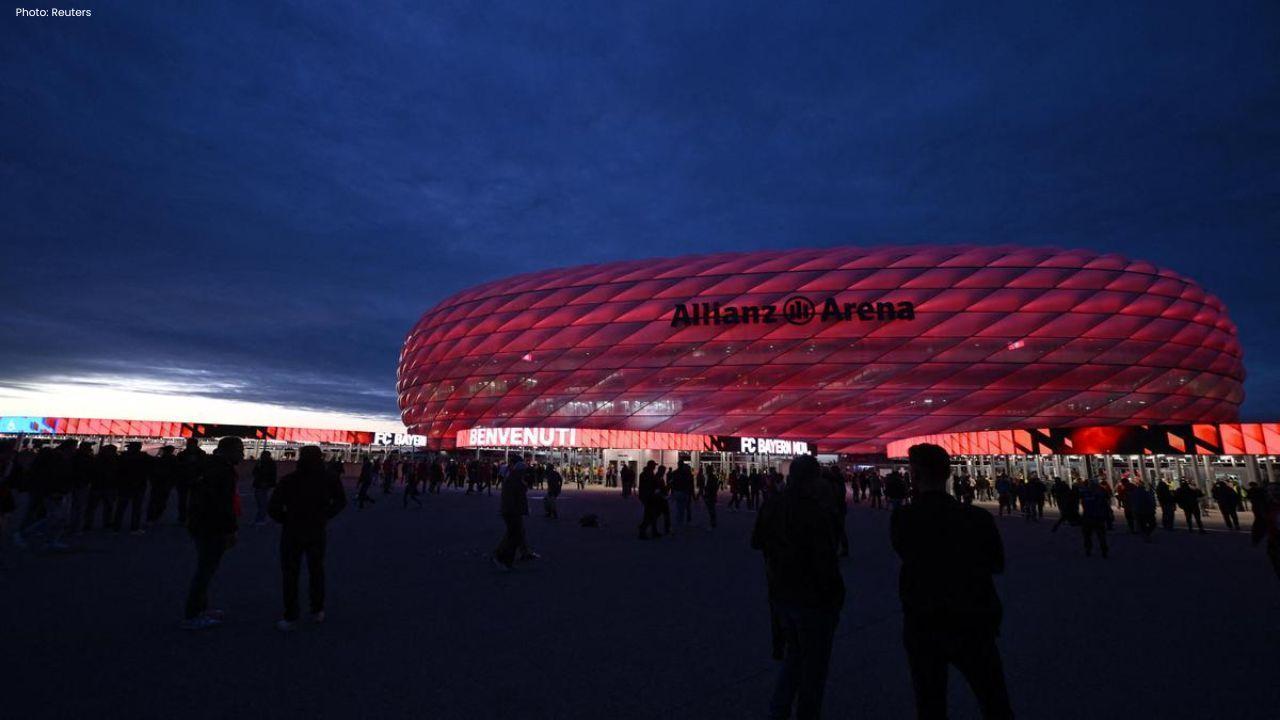


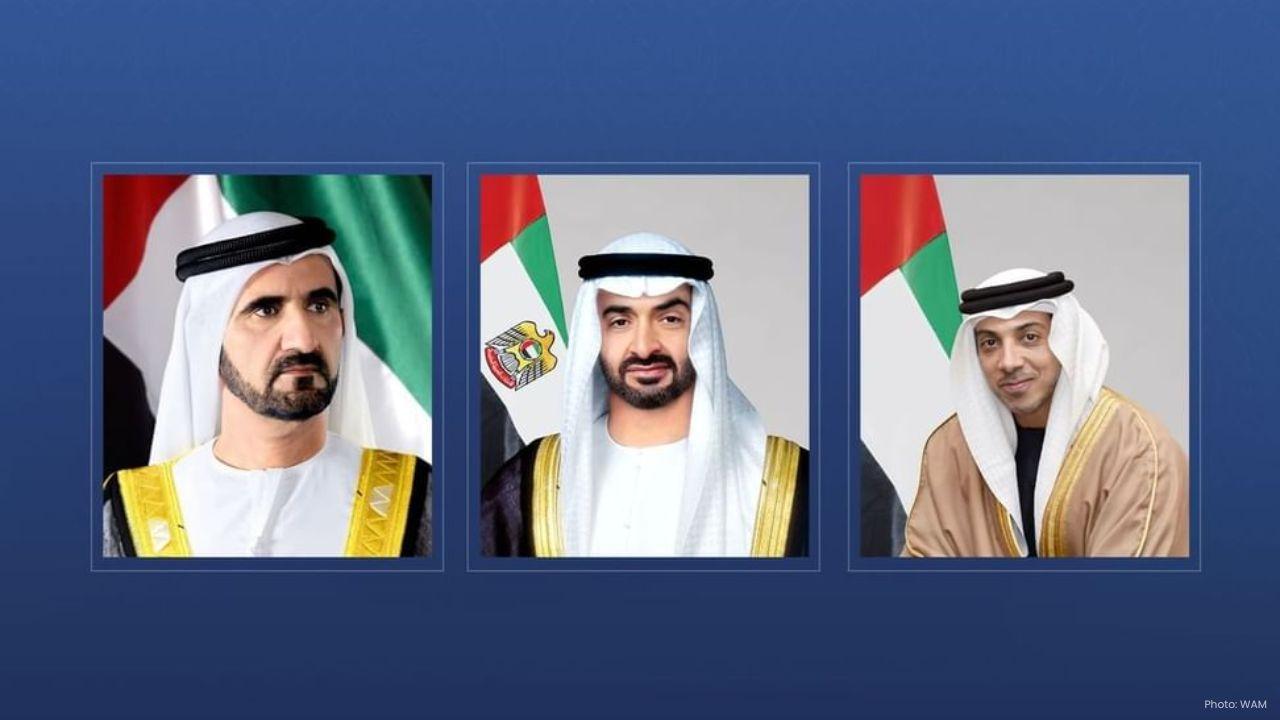
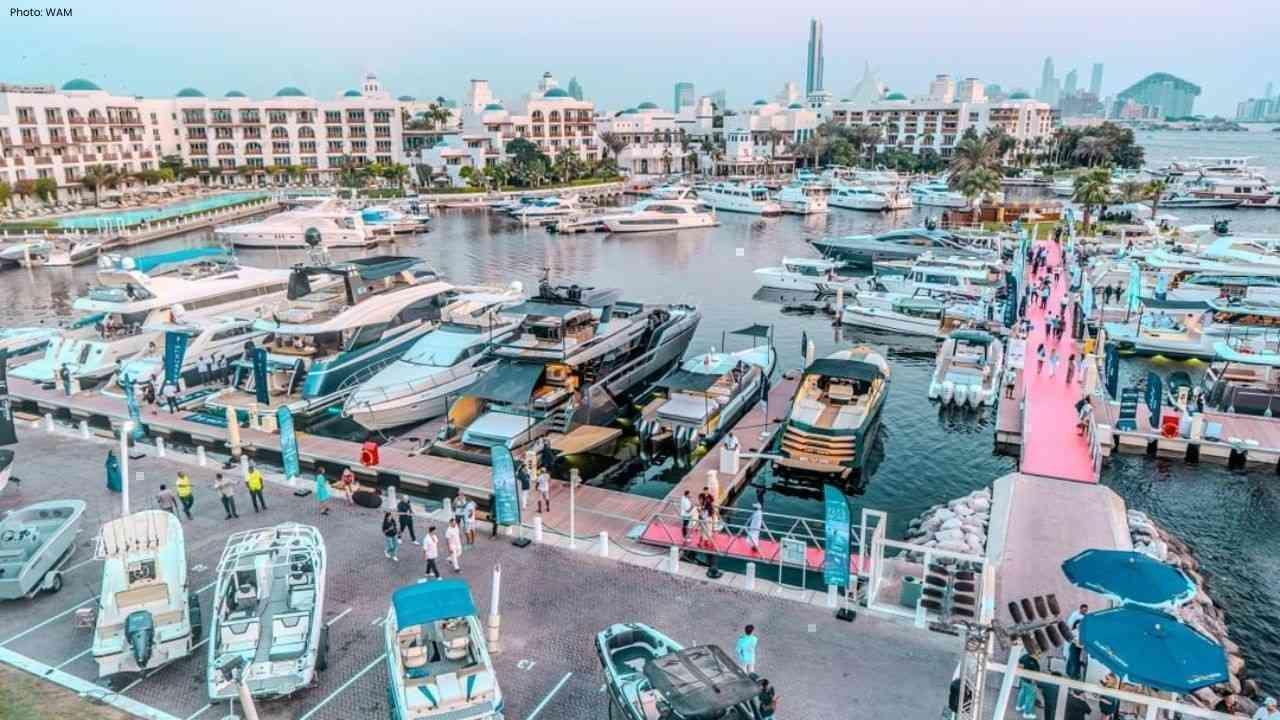


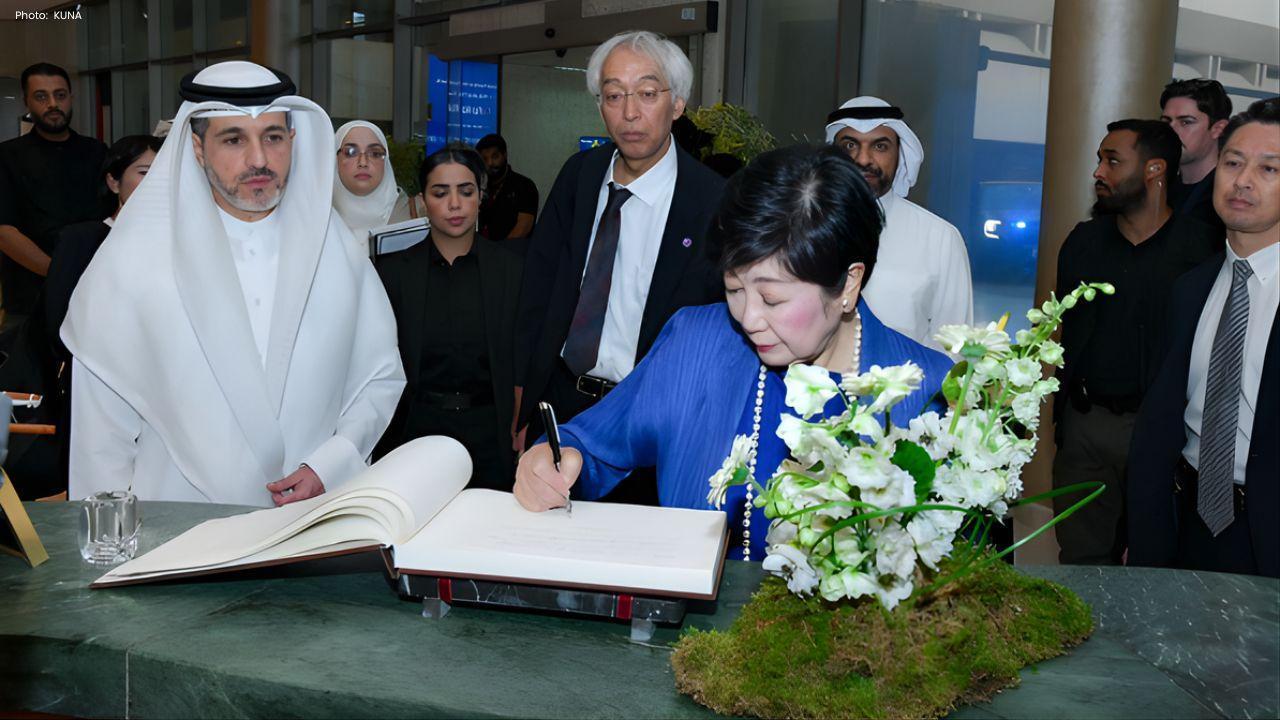


Munich To Host 2028 Final, Wembley And Camp Nou For 2029
UEFA confirms Munich will host the 2028 Champions League final, while Wembley and Camp Nou compete f

Indian Tennis Legend Rohan Bopanna Announces Retirement
Indian tennis star Rohan Bopanna retires at 45 after 20 years of success, with two Grand Slam titles
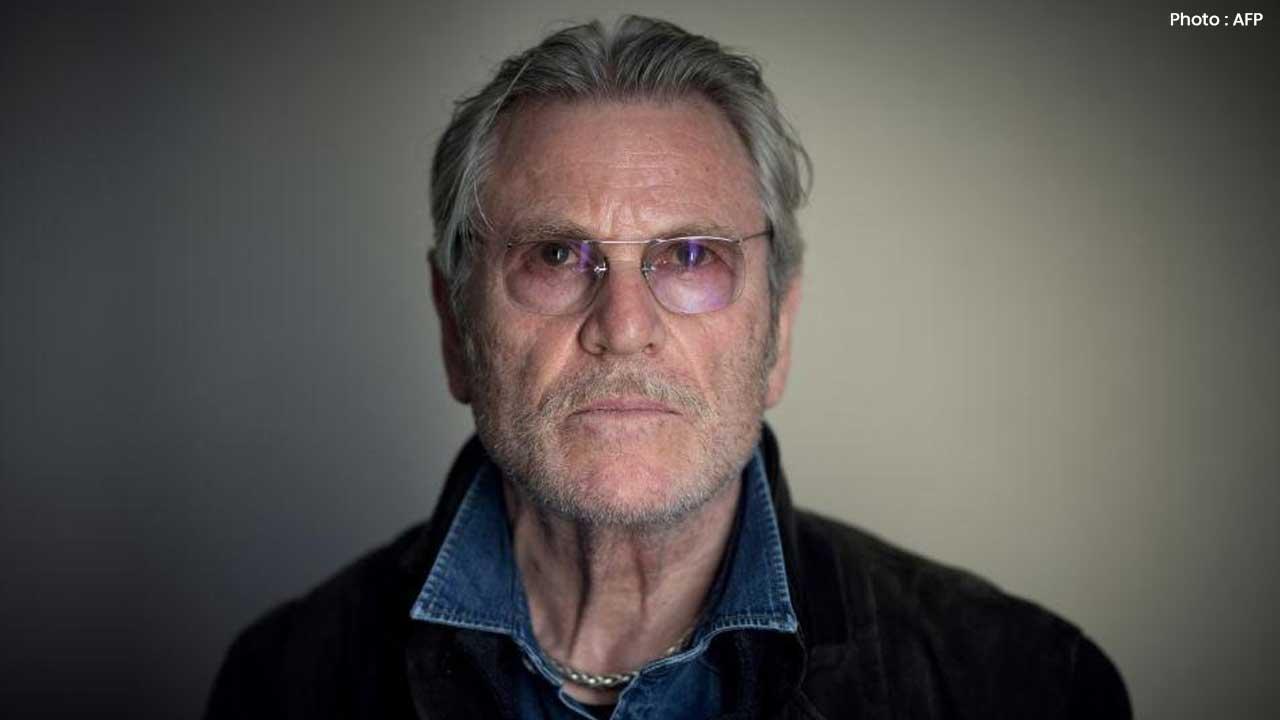
French Actor Tchéky Karyo Passes Away At Age 72
French actor Tchéky Karyo, known for Nikita and The Missing, dies at 72 after a battle with cancer,

New Zealand Beat England To Seal 3-0 ODI Series Sweep
New Zealand defeated England by two wickets in the third ODI at Wellington, sealing a 3-0 series swe

Dharmendra Admitted to Hospital After Breathing Issue
Veteran actor Dharmendra has been admitted to the ICU after facing breathing issues. His condition i

Hazlewood Stars As Australia Crush India In Second T20
Josh Hazlewood’s fiery 3-13 spell helped Australia bowl out India for 125 and chase the target easil